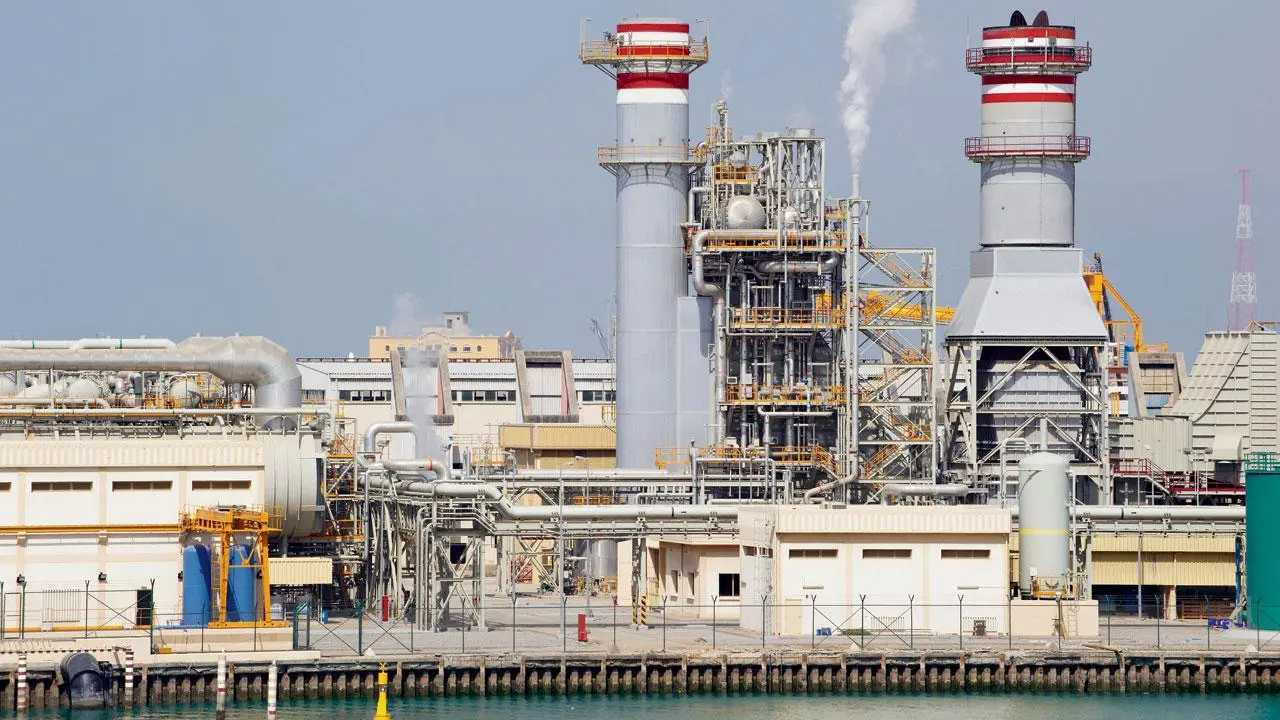Brihanmumbai Municipal Corporation (BMC) has issued a fresh tender for the design, construction, and commissioning of a 200 million litres per day (MLD) desalination plant at Manori.
This marks the fourth attempt in less than two years to initiate the project, which aims to bolster the city’s potable water supply by converting seawater into drinkable water. The plant’s capacity is planned to be expandable up to 400 MLD in the future. The estimated cost of the project stands at ₹4,300 crore, encompassing the installation of a seawater reverse osmosis system and provisions for 20 years of operation and maintenance. Once operational, the Manori facility will be Mumbai’s first large-scale desalination plant, a significant step towards diversifying the city’s water sources.
Mumbai’s current daily water supply is approximately 3,750 MLD, falling short of the estimated demand of 4,505 MLD. Projections indicate that this demand could exceed 6,500 MLD by 2041, driven by rapid urbanization and population growth. The city’s reliance on monsoon-dependent lakes and distant dams has made it vulnerable to water shortages, especially in the face of climate change-induced variability in rainfall patterns. The BMC’s previous tenders for the Manori desalination plant, floated in December 2023 and April and August 2024, were scrapped due to poor response from potential bidders. To address this, the civic body commissioned a study to understand the deterrents and has since revised the tender conditions to make the project more viable and attractive to contractors. The renewed effort to set up the plant follows directives from Union authorities urging the civic body to expedite the long-pending project.
The concept for the Manori plant draws inspiration from successful desalination models in Israel. In 2021, the BMC signed a Memorandum of Understanding with an Israeli firm to prepare a detailed project report, which was submitted the following year. The plant is planned to be constructed on a 12-hectare coastal site in Manori, with construction expected to take four years once work begins. In addition to the desalination project, the BMC has also revived the Gargai Dam project, allocating ₹37 crore in its 2025-26 budget. However, the dam’s completion is still years away, with environmental clearances and land acquisition posing significant challenges. Given these delays, the desalination plant is seen as a more immediate solution to Mumbai’s water woes.
The BMC has earmarked ₹100 crore for the desalination project in its fiscal budget for 2025-26, signaling its commitment to diversifying the city’s water sources. By tapping into seawater desalination, the civic body aims to reduce Mumbai’s dependence on distant dams and monsoon rains, enhancing the city’s resilience to climate variability. As Mumbai continues to grapple with water scarcity, the successful implementation of the Manori desalination plant could serve as a model for other coastal cities facing similar challenges. The project represents a critical step towards ensuring a sustainable and equitable water supply for all residents, aligning with broader goals of creating eco-friendly and resilient urban environments.
Also Read : Mumbai Sees 80 New Flooding Spots After Rain


